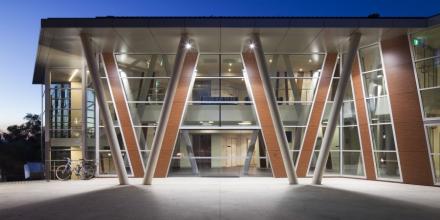Do fuel prices affect air quality? Evidence from the Bangkok Metropolitan Region

Event details
PhD Seminar (Econ)
Date & time
Venue
Speaker
Contacts
Traffic-related air pollution is a serious environmental concern in mega-cities worldwide. This study investigates the causal link between fuel prices and traffic-related air pollution using Bangkok and the surrounding areas as a case study. Bangkok is one of the most traffic-congested cities in the world. Daily and monthly data for 1996–2017 are used to model three traffic-related air pollutants: CO, NO2, and PM10. Pollution data are collected from 25 monitoring stations. The findings provide evidence that higher fuel prices reduce air pollution from road vehicles. The fuel price elasticities of CO and PM10 pollution are found to be around –0.05 to –0.12. The estimates suggest a fuel price elasticity of NO2 pollution of –0.11 to –0.18 during 1996–2006. However, the effect of fuel prices on NO2 after 2006 is ambiguous.
Updated: 19 July 2024/Responsible Officer: Crawford Engagement/Page Contact: CAP Web Team











